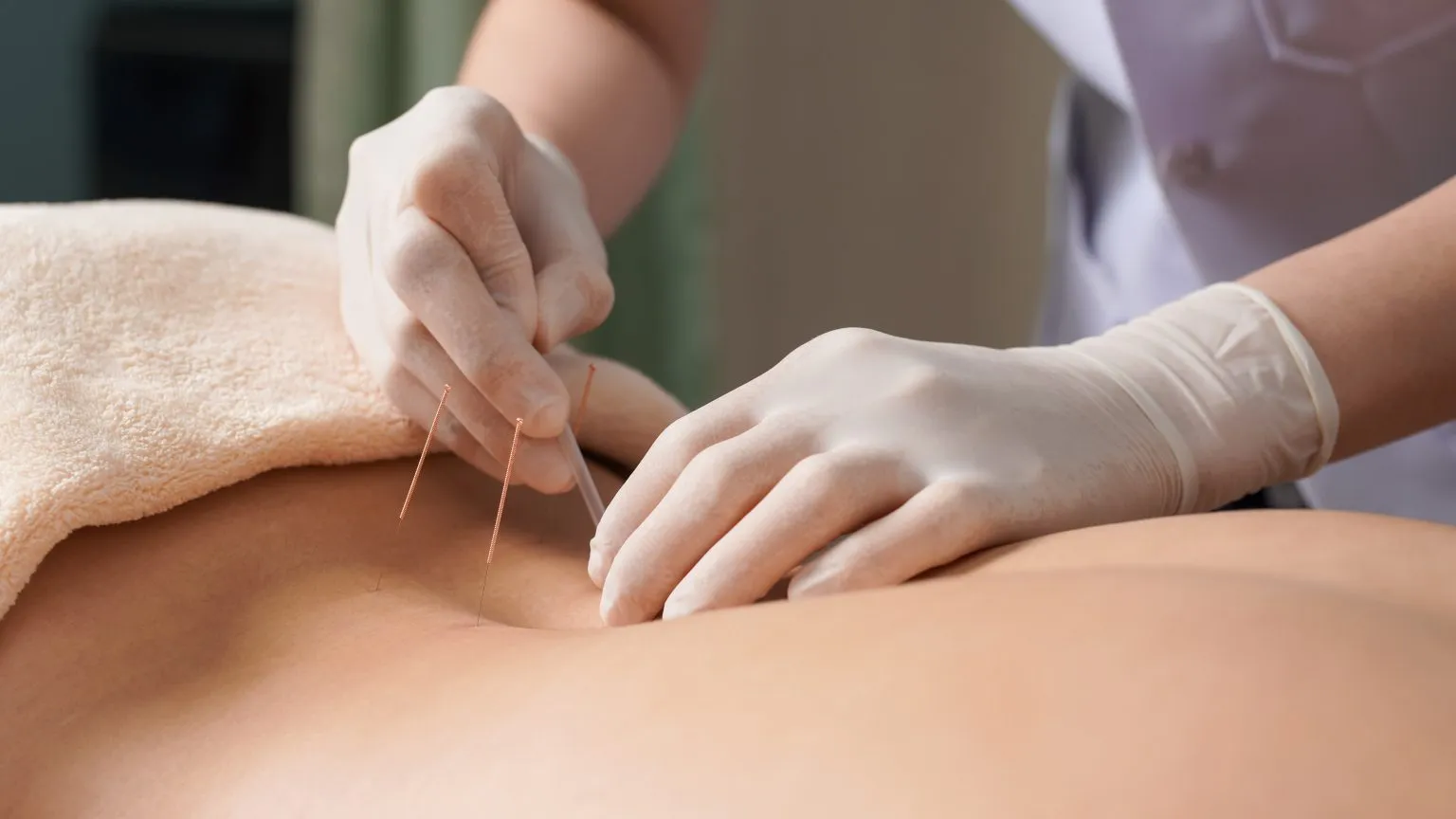Dry needling is a therapeutic technique often used by some healthcare professionals, such as physical therapists, chiropractors, and medical doctors, to treat muscle pain, myofascial pain, and other musculoskeletal conditions. It involves inserting thin, solid needles (the same as acupuncture) into the skin and underlying tissues (usually muscles) without injecting any medication or substance. The goal of dry needling is to stimulate specific trigger points or tight bands of muscle, which may be causing pain or restricted movement. In Chinese medicine we call these spots ashi points.
Key points about dry needling include:
- Trigger points: Trigger points are hyperirritable spots within a muscle that are associated with taut bands of muscle fibers. These points can be painful and cause referred pain in other parts of the body.
- Needle insertion: During dry needling, the practitioner inserts the thin needles into the trigger points or tight muscles. The needles may be manipulated by the practitioner, either by gentle movements or by leaving them in place for a short period.
- Mechanism of action: The exact mechanisms of how dry needling works are not entirely understood. Some theories suggest that it may help release muscle tension, improve blood flow, reduce inflammation, and promote the body’s natural healing processes.
- Different from acupuncture: Dry needling is often confused with acupuncture due to the use of needles, but they are distinct practices. Acupuncture is an ancient Chinese medical system based on the concept of energy flow (Qi) along meridians, whereas dry needling is rooted in modern Western medicine and focuses on musculoskeletal issues. Dry needling courses are short courses compared to the Bachelor of Chinese medicine Degree. Dry needling is becoming more popular as many therapists learn the course very quickly and start needling.
- Pain and conditions treated: Dry needling is primarily used to alleviate musculoskeletal pain, including conditions such as myofascial pain syndrome, tension headaches, fibromyalgia, and sports-related injuries.

